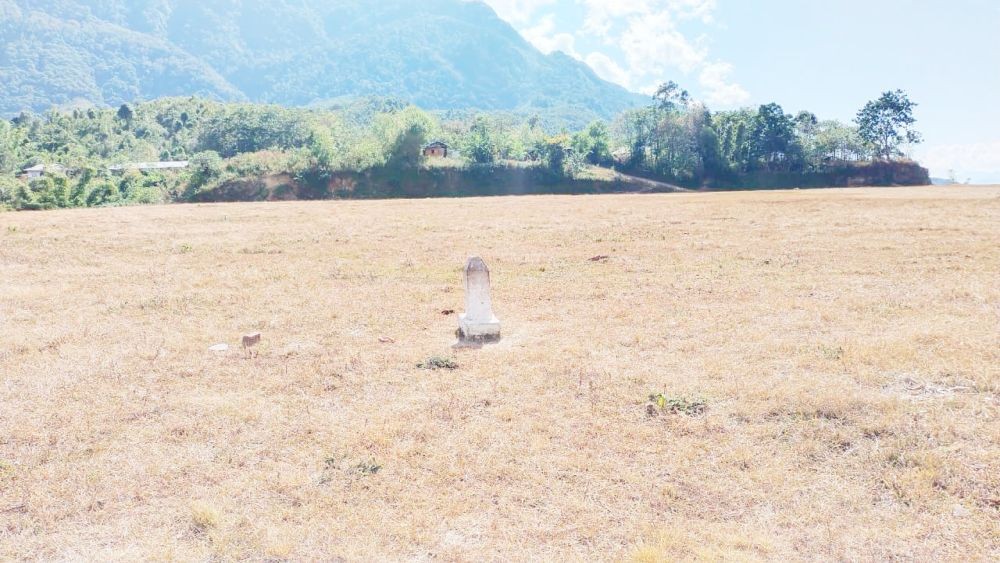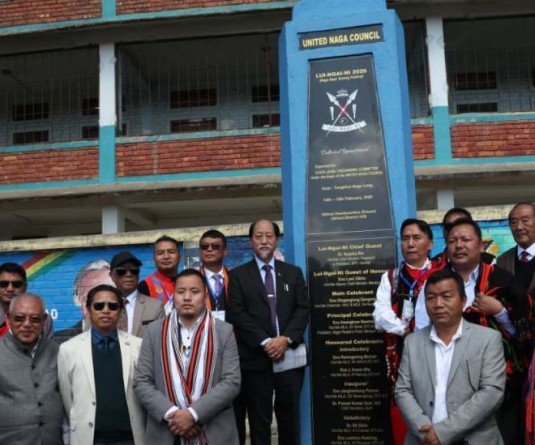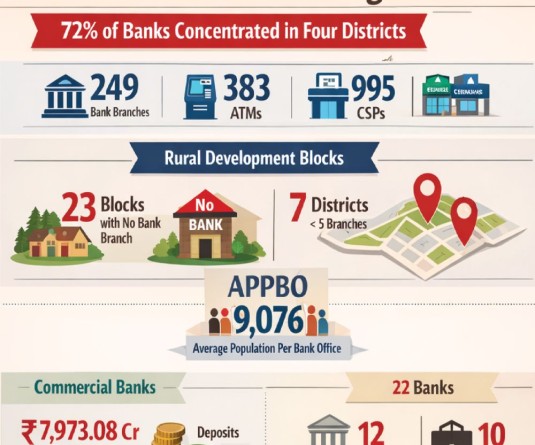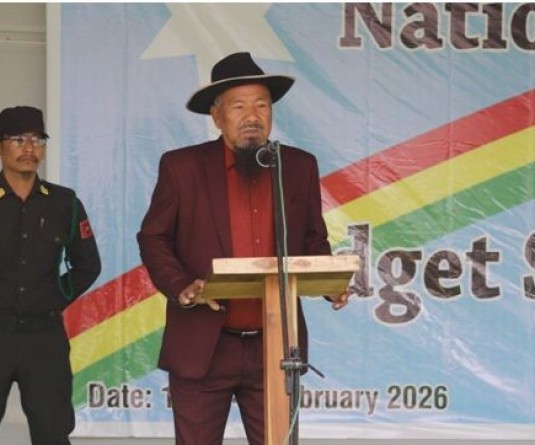A Border Pillar in the middle of ITC Dan playground at the Indo-Myanmar border under Pangsha village, Noklak district. On the right side of the pillar is Myanmar and the left India. (Photo Courtesy: Imnaakum)

• Pangsha Public Org & Konyak Union Myanmar in the border lands says it will never allow border fencing
• Urges Centre to reconsider decision to scrap Free Movement Regime
Morung Express News
Dimapur | January 26
Khiamniungan and Konyak Naga communities living on the border lands of India and Myanmar have urged the Government of India to reconsider its decision to scrap the Free Movement Regime (FMR) and erect barbed fencing along the 1643 kilometer boundary.
While the move is purportedly driven by national security concerns, as claimed by Union Home Minister Amit Shah, the Naga communities said it will have profound effects on the villagers who share deep familial ties with both sides of the imaginary border.
“We are urging the Government of India to reconsider its decision. If they come to erect fencing barriers, we wish to tell them that the Pangsha village will never allow it,” Shingnya, president of PangshaPublic Organization told The Morung Express.
“Many of our relatives and families reside in the Myanmar area. 5000 hectares of Pangsha village land are on the other side of the border. The people of Pangsha village will not eat if the fencing is erected,” Shingnya revealed.
Elaborating further, the PPO president pointed out that Pangsha’s main source of income and livelihood is on their land in Myanmar area. “All of our fields and farms are there. We rear our Mithuns there. We sell our Mithuns so that we can send our children for studies to Tuensang, Dimapur, Kohimaetc…” he stated.
Shingnya also explained how the Nagas residing in Myanmar are dependent on the Indian side of the border for education, economic opportunities, livelihoods and social interactions. “Whether be it for marketing of essential commodities, for health check-ups, to send children to school, or for employment, they come to our side of the border.”
The Myanmar Union Konyak, in a press statement, also said the Centre’s decision to scrap the FMR and erect fencing will never be accepted at any conditions.
“The Konyak people of Eastern Myanmar along with Chen Area Students’ Union Myanmar (CASUM) and Konyak Union Myanmar (KUM) appeal to the Centre for considering the borderline fencing which would bring divide between the same families within the Konyak Naga on humanitarian grounds and respect of human rights…” the press statement read.
The KUM lamented that instead of implementing development projects in the border lands and maintain the border area as important junctions for the two nations; it was trying to close with physical barriers. Expressing frustration, they alleged that both countries have largely ignored their needs, leaving them in dire straits.
It alleged that both the countries instead have primarily focused on military operations resulting in burning of houses and loss of innocent lives.
“When the boundary was made in the 70s’ till the 90s,’ we did not know we were residing in borderline since the Myanmar government left us on the far end of their country and they come only for burning public houses, killing innocent live and domestic animals constantly,” it stated.
The KUM also recalled how the Indian military crossed the borders for war operations and burnt down public houses, kidnapped innocent people from villages in the 80s.
Asserting that the ties of families and shared blood are stronger than any political demarcation, the KUM said, “As land owners, we will never allow to make any fencing. We will stand at any circumstance,” the KUM vowed.
It, meanwhile, appreciated the Nagaland government and the different Naga organizations for opposing the scrapping of Free Movement Regime.






